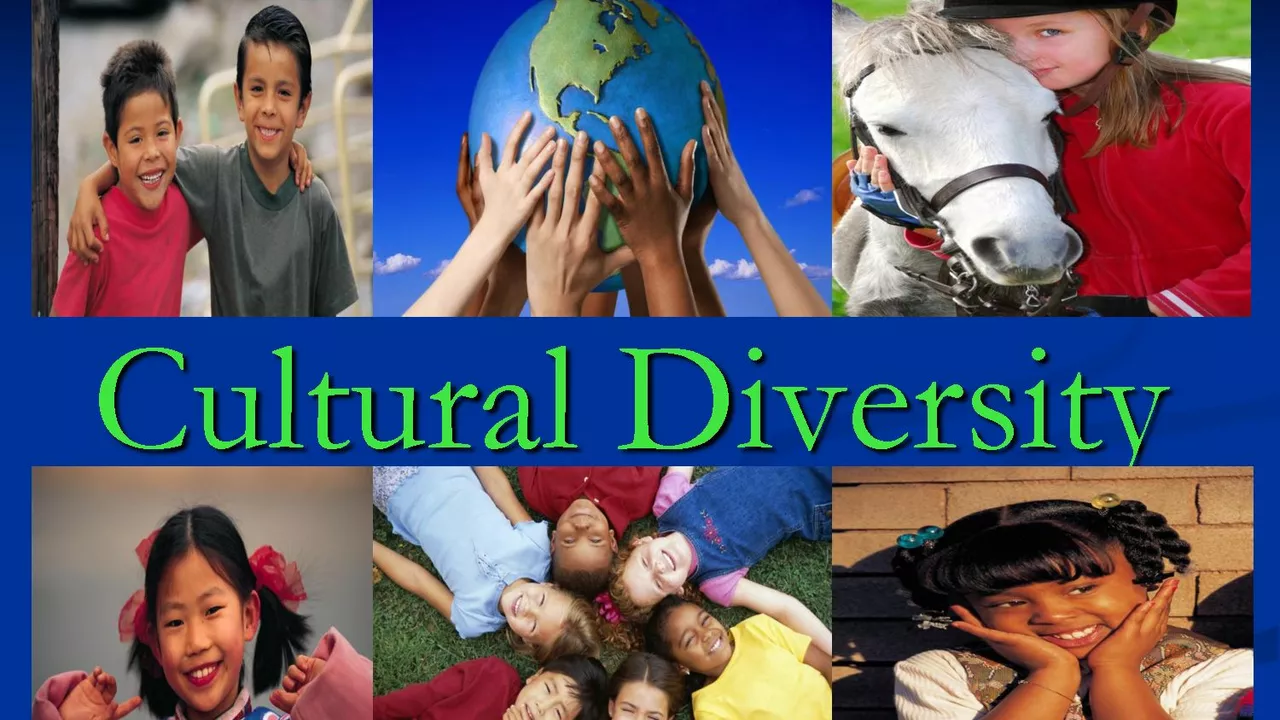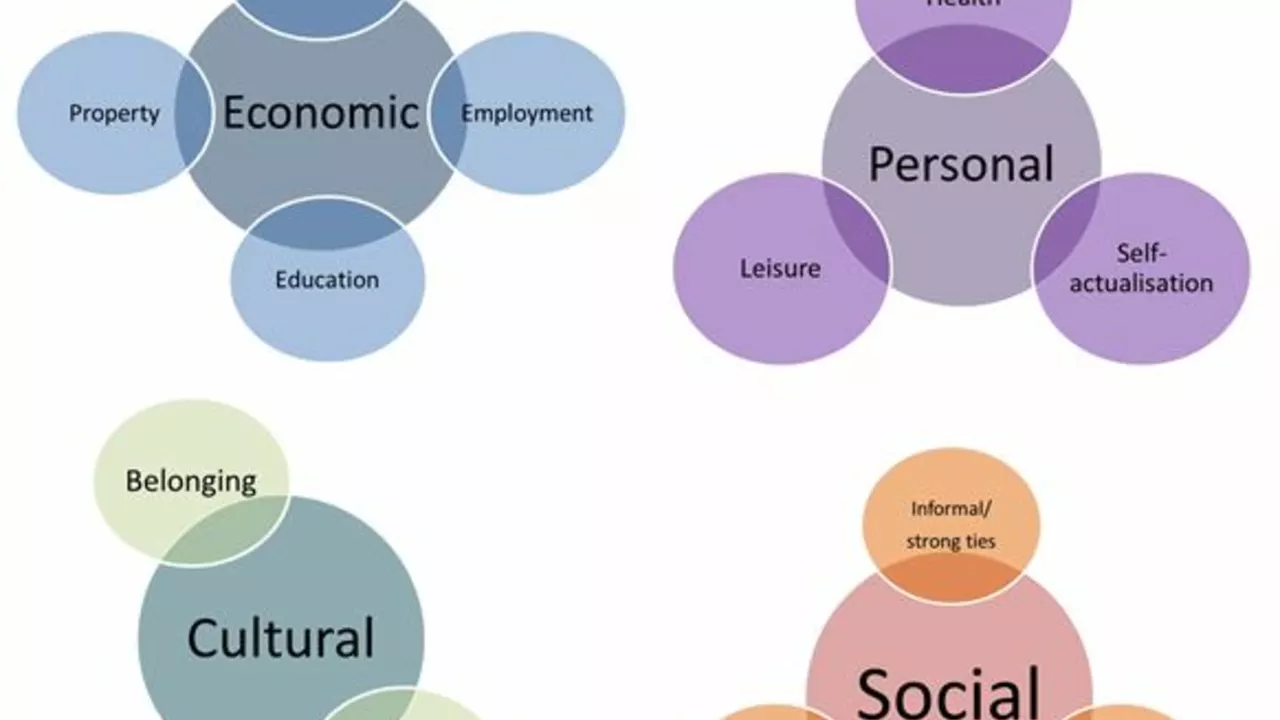July 2023 Archives — Practical takes on education, culture and careers
July 2023 brought short, practical posts that answer real questions: is grad school worth it, how consultants work, when to swap loans, and how culture shapes identity and dress. If you want quick, usable insights without jargon, this month’s collection is for you. Read a line, get an action or idea you can use today.
Top reads: careers and higher education
If you asked “what does a consultant do?” we explained the job in plain terms: consultants solve business problems, advise on strategy, and often work a baseline 40-hour week that can stretch during peak projects. If you’re weighing consulting as a career, focus on problem solving, communication, and flexibility—the hours will follow the client calendar more than a strict 9-to-5.
Two pieces focused on higher education value. One asked whether a master’s in higher education administration is worth it. Short answer: it can be, if you target roles in student services, registrars, or campus leadership and choose programs with strong networks or internships. The other asked whether the rising cost of college is worth it; we offered practical ways to judge return on investment—compare likely salaries, alternative certifications, and employer tuition support before you commit.
On student debt, we covered taking a personal loan to repay an education loan. That can work when you can secure a lower interest rate or a shorter term, but watch fees and the loss of flexible repayment options that federal student loans sometimes offer. Run the numbers: total cost, monthly payment, and whether you’ll lose income-driven repayment or forgiveness options.
We also highlighted extracurricular activities: after-school programs help grades, social skills, and time management. If you’re a parent choosing activities, pick ones your child enjoys and that build skills—team sports for teamwork, clubs for focused interests, and arts for creativity.
Culture, identity and everyday life
Several posts explored cultural identity and clothing. We explained Arab traditional clothes—dishdasha, abaya, ghutra—and how these pieces function both practically and socially. If you want to learn or wear these items, do so with respect: ask about context and meaning rather than assuming a costume approach.
Two posts tackled the sensitive question of cultural appropriation, specifically whether Arabs wearing cornrows is offensive. The coverage stresses context, respect, and history. Cornrows have deep roots in African cultures; wearing them while acknowledging that history and avoiding stereotypes is very different from adopting a style as a trend without understanding.
We rounded out the month with pieces on language and cultural identity and clear examples of how identity appears in everyday life—food, religion, art, and language. If you want to understand someone’s background, listen to how they talk about food, rituals, or music; those details tell real stories.
Browse July’s posts for short, practical advice you can act on: career choices, loan moves, education trade-offs, and respectful cultural curiosity. Each story aims to help you make smarter, kinder choices fast.









